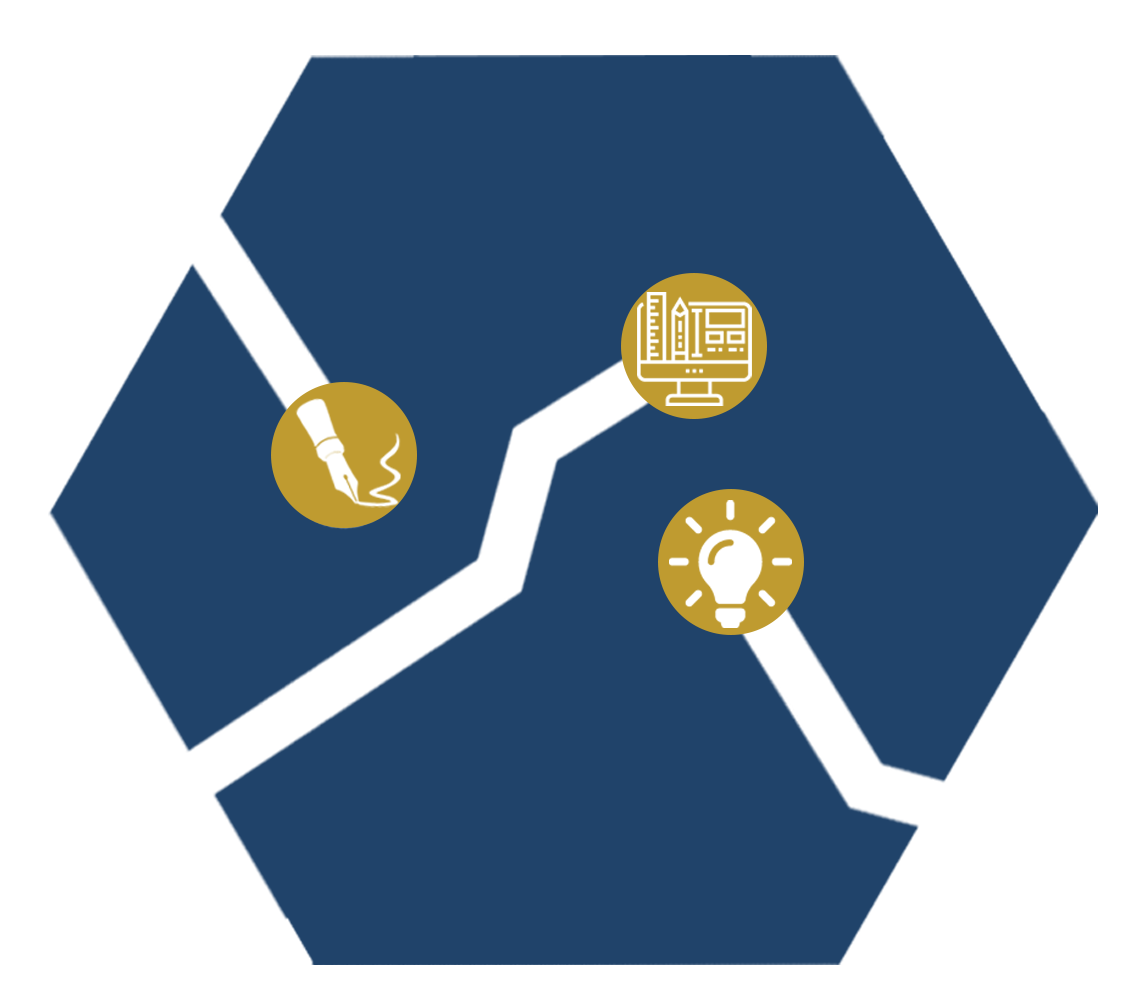
Starting a new job or internship is a bit overwhelming. Getting to know your co-workers, joining new projects, and learning new skills are some of the things new employees must juggle during their first few weeks on the job. For this reason, companies prioritize mentorship. When I joined MATC Group as a Technical Writing intern, I was impressed by their emphasis on mentorship. I knew that I would be learning from experienced professionals, witnessing first-hand how the company worked. Read more to learn why a mentorship program is the most effective and efficient way to ensure new employees learn and contribute to the team.
What Is Mentorship?
Mentorship takes many forms. Sometimes mentors are assigned to one mentor, other times a different mentor is assigned per task. I experienced the later as an intern. I communicated regularly with my mentors and had a weekly chat with them in person or through Teams. These meetings were the perfect time to draw from other employees’ experience and expertise.
For those daunted by the term “mentor,” there is no need to assume an official title. In fact, many people act as mentors without realizing it. For example, you are filling the role of a mentor whenever you clarify, teach, or explain a concept or project to your coworkers. Whatever mentorship may look like for you, the bottom line is that you are helping others understand the task at hand and get acclimated to their working environment so that they can do their job better.
Many Minds Are Better Than One
Imagine starting a job your supervisors asks you to write a manual. Although you have strong written skills, you have never written such a manual before. Most likely, the manual still needs a lot of work after you are done writing it. This is when having a mentor comes in handy. A mentor knows exactly what needs to be fixed and can teach you how to create a better document next time.
This example summarizes the mentorship cycle: you learn by doing, your mentor teaches you the skills to improve, and you use those skills to work better and more independently next time. This proves that mentorship does not make new employees overly dependent. Instead, it teaches them valuable skills to use moving forward. As time goes on, the mentored employee understands things more quickly and may even be motivated to mentor others.
Mentors Also Reap Benefits
In their article “7 Ways to Learn More Effectively,” Psychology Today states that teaching a concept to others helps people remember information better. Mentoring requires you to explain things verbally, and perhaps teach the same concept in various ways. Mentors gain a better understanding of the project or concept as they break it down for new employees.
Active Engagement Leads to Stronger Team Dynamics
Mentorship not only facilitates communication between new and current employees but also leads to better engagement overall. Mentored employees and interns are more encouraged to play an active role in projects as they learn new skills. I can attest that having a mentor for each of my assignments has helped me feel more comfortable diving into new projects.
Conclusion
Mentorship benefits both new employees and mentors, making it a wise choice for companies that want their teams to be more successful, efficient, and connected. Whether you are creating a mentorship program or simply wish to implement more mentorship roles in your workplace, you are sure to see its benefits.
Related Blogs
The Benefits of Joining a Writers’ Group



